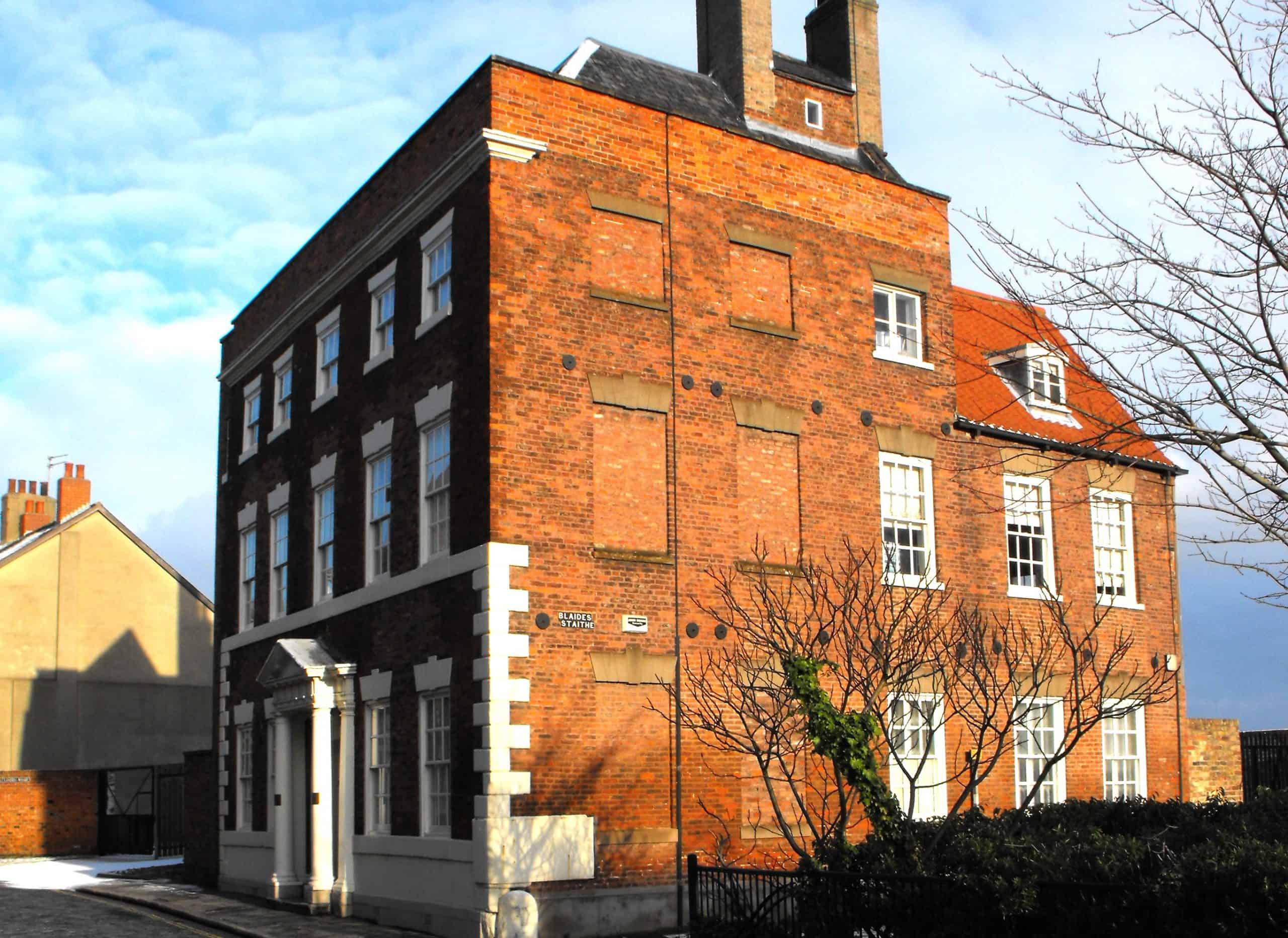By Georgia Gomersall
After finishing my academic studies, half of which had been completed during Covid-restrictions, I wasn’t quite ready to leave the academic environment that university provides. Fortunately, when it came to deciding what to do after a summer of being at home, the University emailed me with the opportunity to apply for an Internship. The internship, which lasts 12 weeks, provides students who have just completed their studies with an opportunity to work for their faculties and to tailor their internship to support future goals, gaining valuable experience of working in a professional environment and also earning a wage, which is of course welcome! This year there are 116 interns working across all sections of the University of Hull. As I completed my degree in history, I applied for the Faculty of Arts, Cultures and Education’s internship and I was excited when I learnt that it would be working at the Blaydes Maritime Centre (an 18th Century Georgian House, owned by the University, in Hull’s old town).
A day in the life of an intern is varied, and no two days are ever the same. This is due to the array of roles that come with the job. My day starts with a drive into the busy city centre to get to the High Street, where Blaydes House is located. I then settle into my office, which being in a Georgian building comes with its own quirks. I spent the first half of my internship in a low-ceilinged room at the top of the house that during the 18th Century would have been the living quarters of the servants. I have since moved into a much grander office in what was presumably a family living room; an impressive room with original panelling, large windows and a fireplace. However, the uniqueness of working in this house does not stop with my office – the whole building is bursting with history. There are many artefacts and collections dispersed around the house which provide an interesting environment to further learn about maritime history. After settling in, I begin my day by working on one of the range of tasks that I have been set by my manager. Working in a historic house is certainly different to working in the BJL, but what I have found particularly enjoyable about working in old town rather than remotely or on Campus is being in Hull city centre for my lunch breaks; after spending most of my time during my studies staying around the University campus, it is a welcome change to be immersed within the bustle of city life.
Being home to the Blaydes Maritime Centre, the house has a large number of historic artefacts and collections. One of my principal duties as an intern has been to assist in the organisation and cataloguing of these collections. Currently Blaydes is working with other maritime establishments to digitise photos relating to maritime history for research purposes. Hence my fellow interns and I were tasked with auditing the large maritime collections bequeathed to Blaydes by Basil Greenhill, a historian who became the director of the National Maritime Museum. This appeared to be quite a mammoth task – his collection is the result of a lifetime amassing photographs of ships which are now housed in numerous large boxes – yet it was interesting to see his travels all over the world through pictures. The internship is tailored to our own interests, and one of my fellow interns who hopes to work in historical collections management has spent a greater proportion of her time learning how to audit and archive these catalogues for Blaydes House.
The task that one of my fellow interns and I have principally been engaged in has been to raise the social media profile of the centre, promoting Blaydes as an important heritage site within Hull’s old town. We received training from the University to complete this task and learned of the many ways in which each social media platform can aid the promotion of the Centre. Our aim is to provide an insight to the house and its collections, and we have done this by creating a number of series to explore different aspects of the Centre each week. In doing so, we have managed to raise the profile of Blaydes on Instagram, Facebook, and Twitter, gaining a lot of Hull based interest. This has been a role which we have both thoroughly enjoyed, as we are keen to explore the increasing importance of social media within society.
One of the most challenging roles I have been tasked with during my time as an intern was organising an event for the Department of History’s enhancement week. It is often difficult to encourage students to visit sites in the city away from the campus, and our challenge was to do just this. I lead our team of four Blaydes House interns in the discussion of how we might engage students with the house. The four of us decided that it would be a great opportunity for them to visit Blaydes House and receive a tour, particularly as the house isn’t open to the public. It also meant that the students would be able to engage with the hidden gem that is the library at Blaydes – one of the best maritime collections in the country! We also decided to offer them a tour of the maritime history of Hull’s old town. We are lucky that one of the PhD students at Blaydes is also a qualified tour guide for the Hull Yorkshire’s Maritime City project, and he kindly agreed to providing a tour. We managed to reach out to students across several platforms: as well as using social media and advertising the event in person in seminar ‘shout outs’. We were pleased that the students who attended the lecture were very involved and keen to learn about the history of the house and its collections. The event was a good opportunity for me to explore the role of event planning. We were pleased to learn that as a result of attending this event one of our History undergraduate students has come forward to volunteer at Blaydes House.
As an undergraduate who was unsure of the career path I wanted to take, I feel like my time as an intern has been beneficial to me in helping me think about out what I want to do after my degree. The social media campaign and event planning that I have been involved in has inspired interest in these fields and I am keen to look for more jobs in which I now have the relevant experience. The role itself has not always been ‘plain sailing’ (maritime metaphors come thick and fast when you work in a Maritime Centre), and the transition from being student of the faculty to being an employee can take time to adapt to. However, overall, it has been a very enjoyable experience and I recommend an internship at the University to anyone looking to expand their experience once they have graduated.


